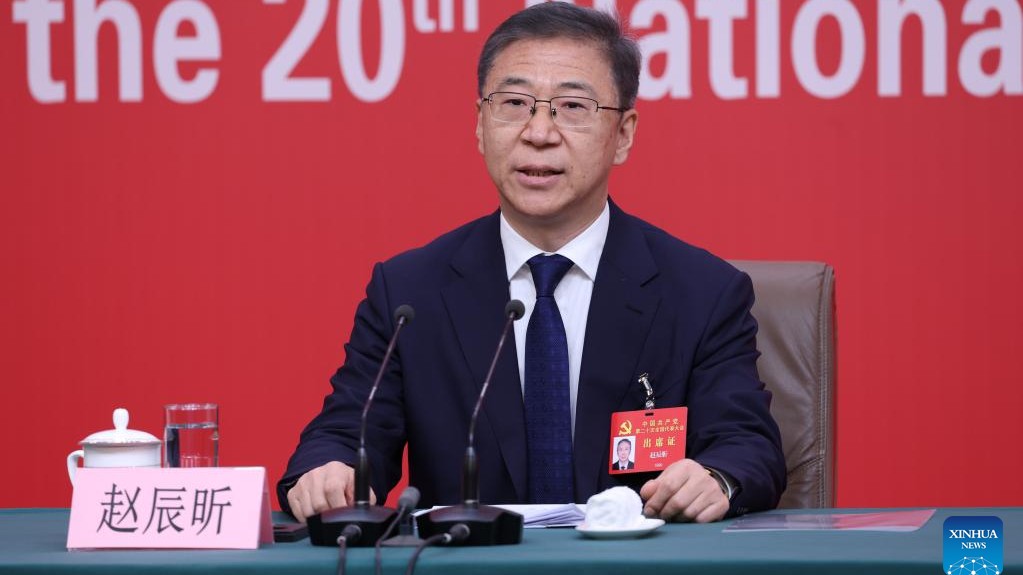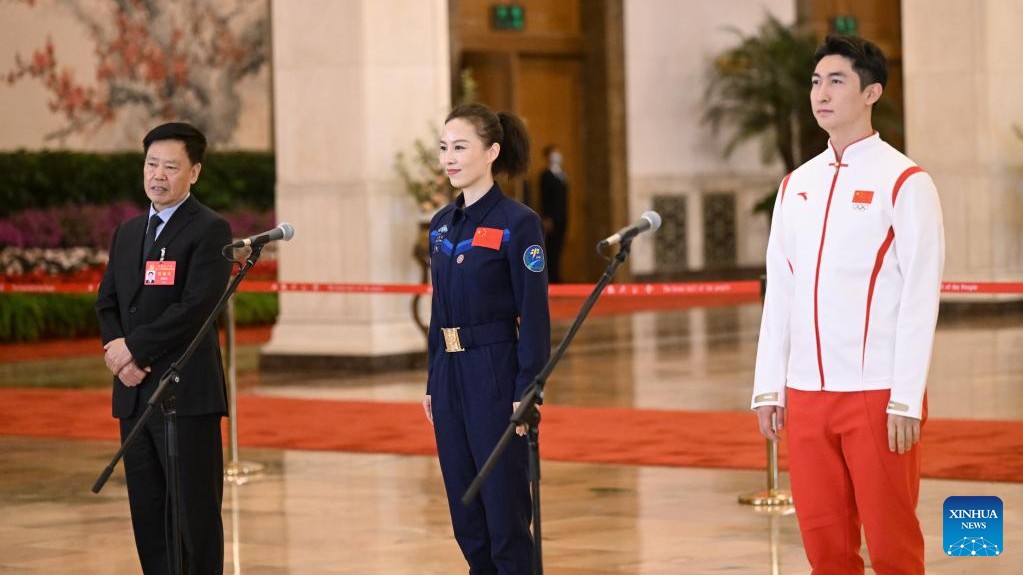Despite Beijing's strong opposition, a so-called human rights act related to China's Xinjiang Uygur Autonomous Region was signed into law in Washington on Wednesday.
The act deliberately slanders the human rights situation in Xinjiang, maliciously attacks China's Xinjiang policies, flagrantly tramples on international law and basic norms of international relations, and grossly interferes in China's internal affairs.
It has exposed Washington's sinister intentions to curb China's development and to seek hegemony on the pretext of protecting human rights in Xinjiang.
The act has clearly reflected some Washington politicians' ideological bias and obsolete cold-war mentality. Among those politicians who sponsored the act, as well as scholars, human rights groups, journalists and think tanks being quoted in the text, some have never been to Xinjiang, while others refused to recognize China's achievements in human rights development.
Through colored lenses, they distort truth and fabricate rumors to smear China. No wonder the act is full of groundless speculations and prejudices based on unreliable analyses and false evidence.
The interventionist move has also revealed Washington's plot to meddle in China's internal affairs. Fundamentally speaking, the issue of Xinjiang is not about human rights, ethnicity or religion, but about countering terrorism and separatism.
The region was deeply disturbed by extremism and terrorism, and people's lives and properties were seriously threatened. To turn this situation around, the Chinese government has carried out law-based measures, which have effectively contained violence, safeguarded national unity and security, and protected the basic rights of the people of various ethnic groups in Xinjiang.
The efforts of the Chinese government have won applause from the international community. However, some U.S. politicians have chosen to turn a blind eye and are seeking to interfere in China's internal affairs in the name of human rights. That is a serious violation of the basic norms of international relations.
Moreover, the act has revealed Washington's attempts to undermine stability in Xinjiang and curb China's development.
Terrorism and extremism are a common enemy of humanity. Terrorist acts, like the 9/11 attacks, have brought great harm to people across the world. Efforts to contain terrorism should not be distorted or misinterpreted.
Washington's smear campaign against China's anti-terrorist efforts is a clear proof of its double standards on anti-terrorism, and its insidious intention to impair China's sovereignty as well as national security.
As a matter of fact, the United States itself is faced with serious human rights problems. The still ravaging COVID-19 pandemic in the country and the death of African American man George Floyd at the hands of a white police officer have once again spotlighted its persistent problems such as social divisions, a widening wealth gap and racial discrimination.
Philip Alston, United Nations Special Rapporteur on extreme poverty and human rights, said that in the United States, "low-income and poor people face far higher risks from the coronavirus due to chronic neglect and discrimination, and a muddled, corporate-driven federal response has failed them."
Overseas, the United States launched wars in Afghanistan, Iraq, Libya and other countries in the name of protecting human rights and battling terrorism. Yet those military adventures have caused tremendous loss of lives of innocent people, stirred regional turmoil and created one humanitarian catastrophe after another. In addition, Washington's sanctions against Iran, Venezuela, Cuba and others have aggravated humanitarian crises in those countries.
Amid the pandemic, the United States has repatriated a large number of illegal immigrants to Mexico and Central American countries without giving them COVID-19 tests. Such an irresponsible act poses a serious threat to these countries whose public health care systems are fragile.
Washington has always tried to portray itself as a human rights defender. Yet its track records over the years as a human rights violator, plus its latest act related to Xinjiang, have only exposed its hypocrisy on human rights.
Washington should immediately correct its mistakes and stop using the act to harm China's interests or interfere in China's internal affairs.
Otherwise, Beijing will surely take countermeasures to safeguard its sovereignty, security and rights to development.









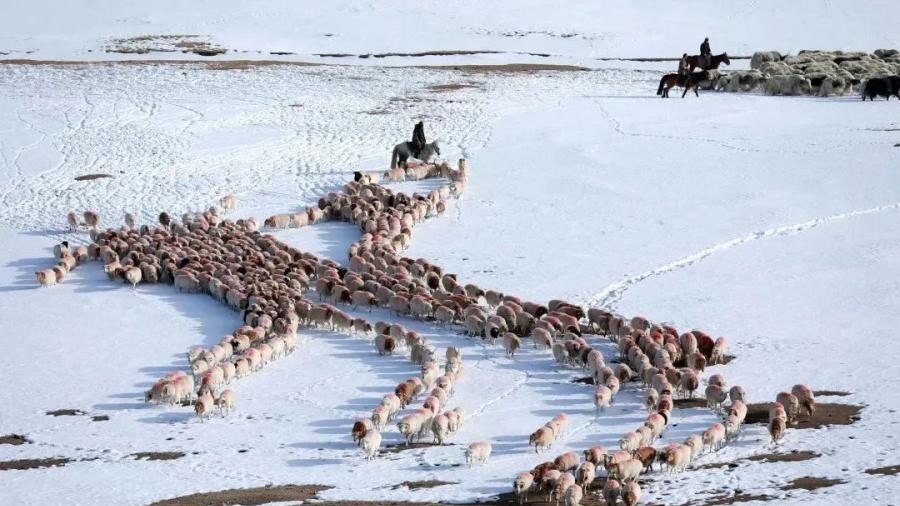
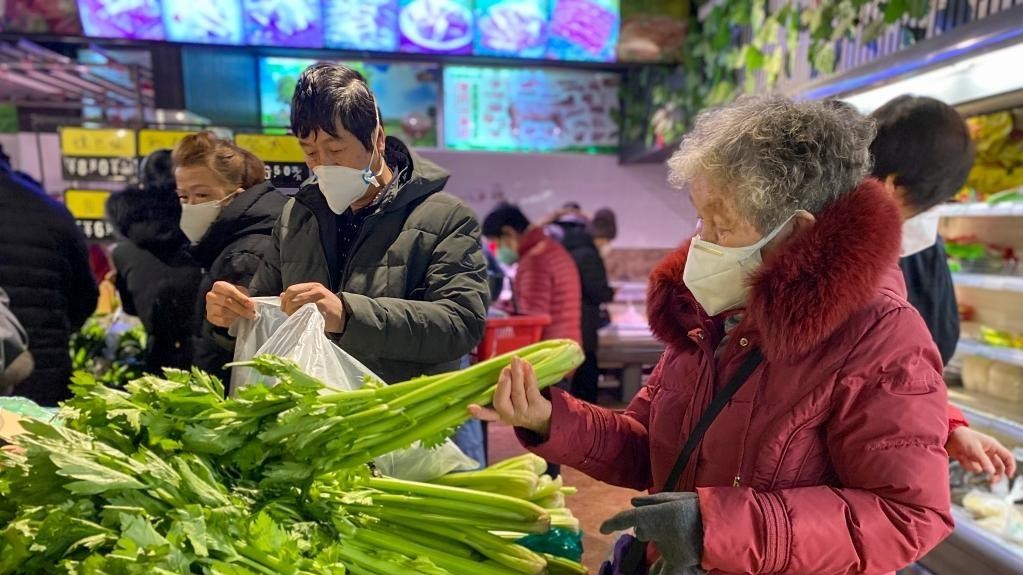

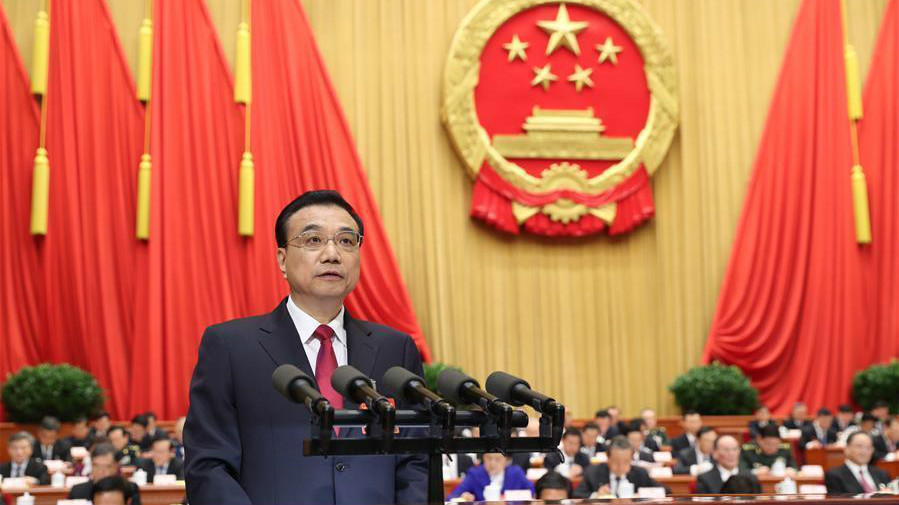

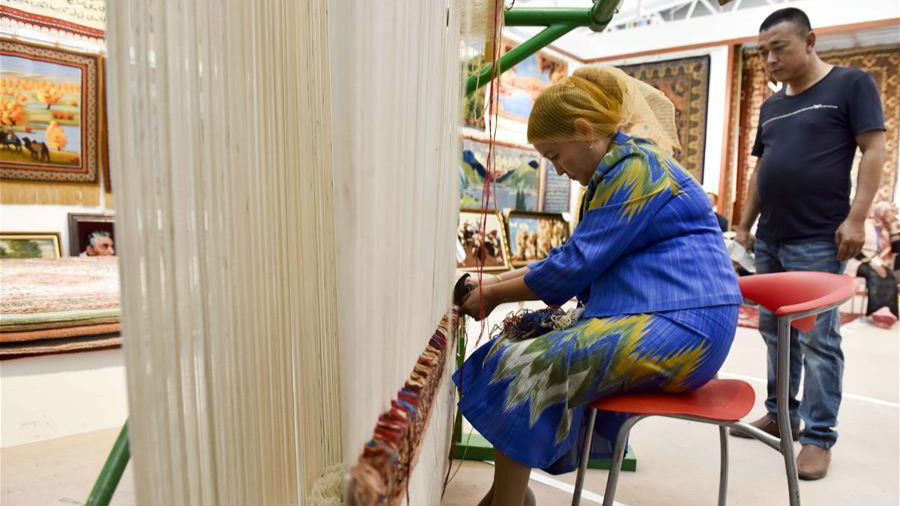
.jpg)
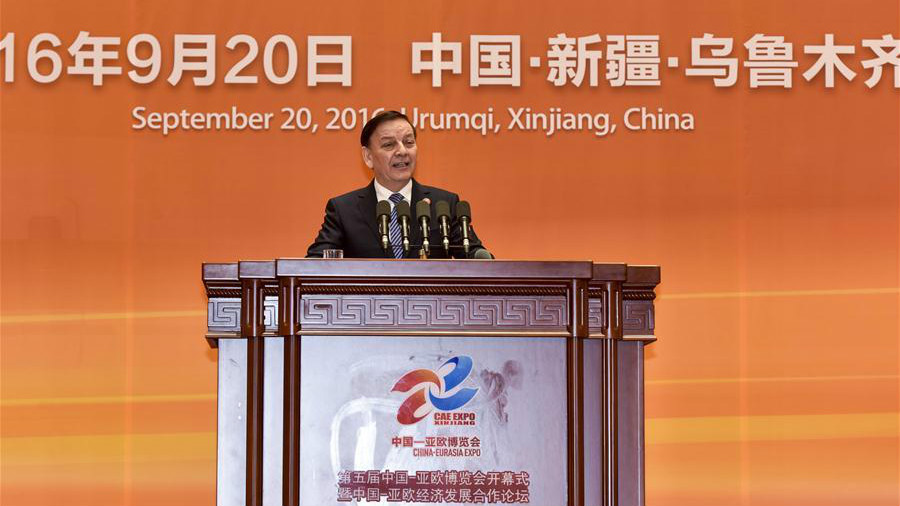
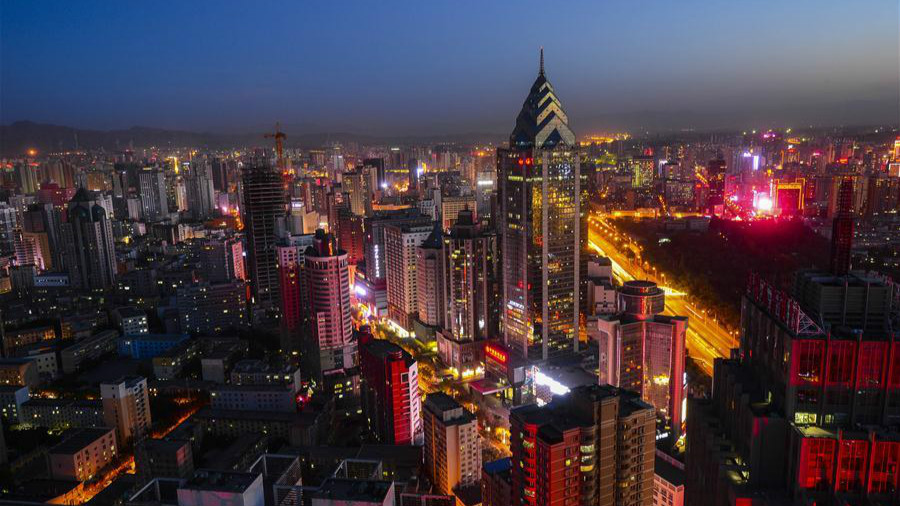
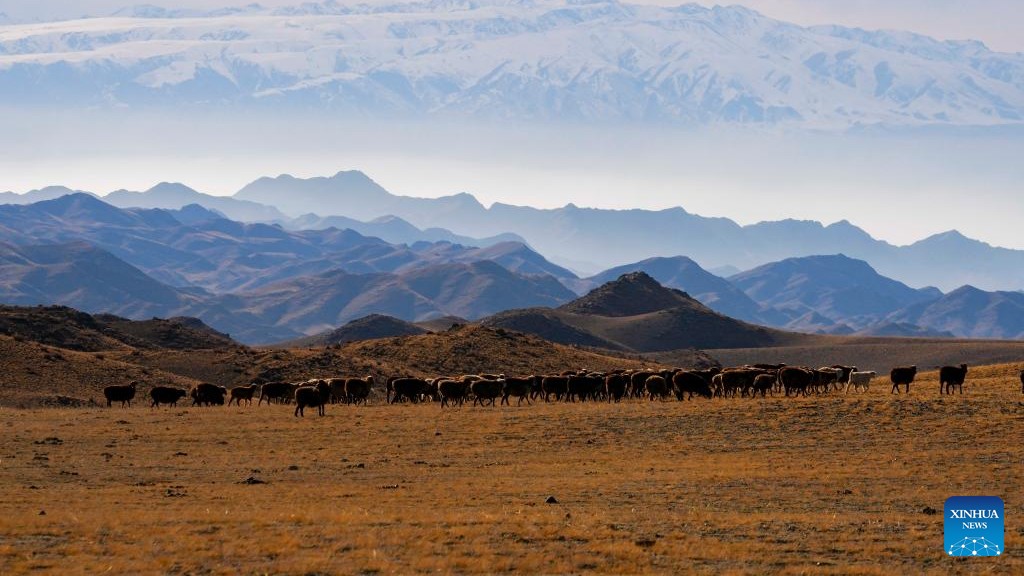
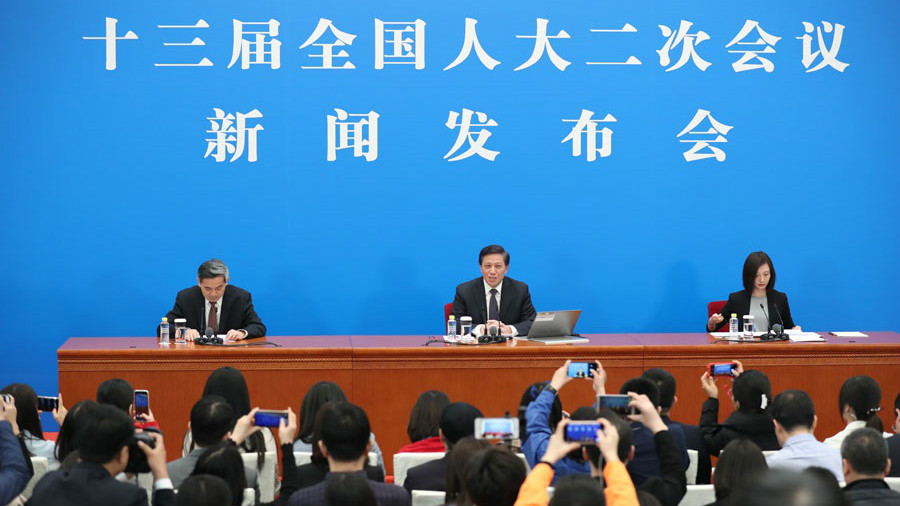

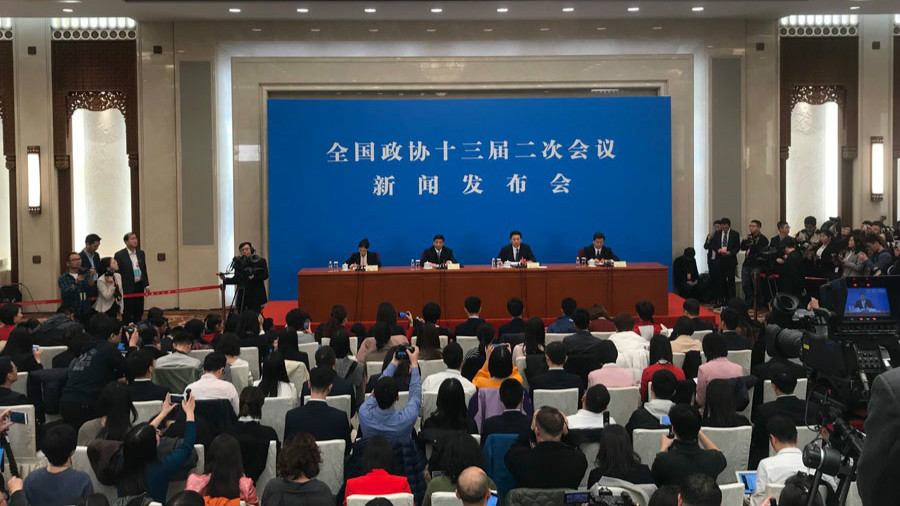
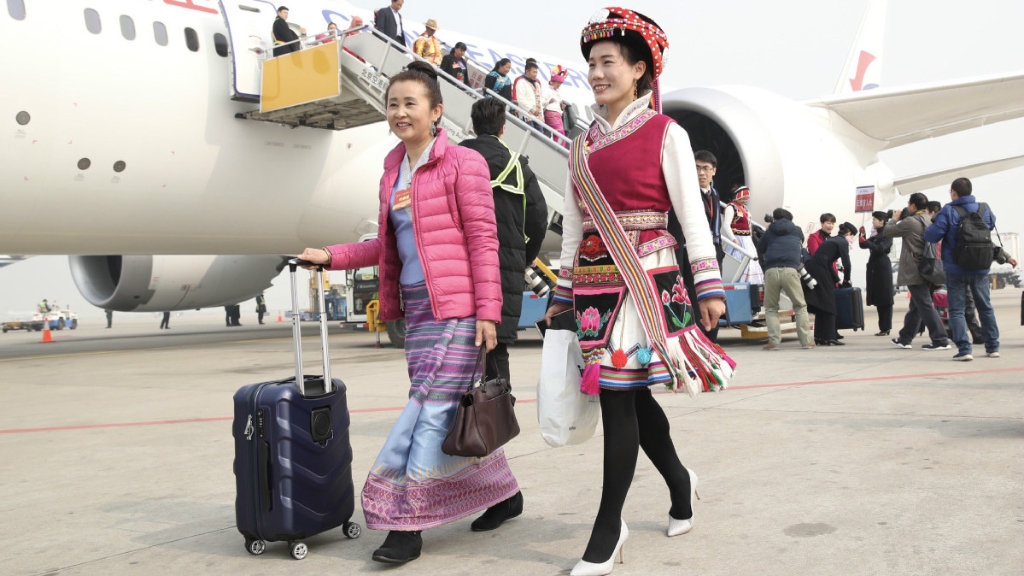

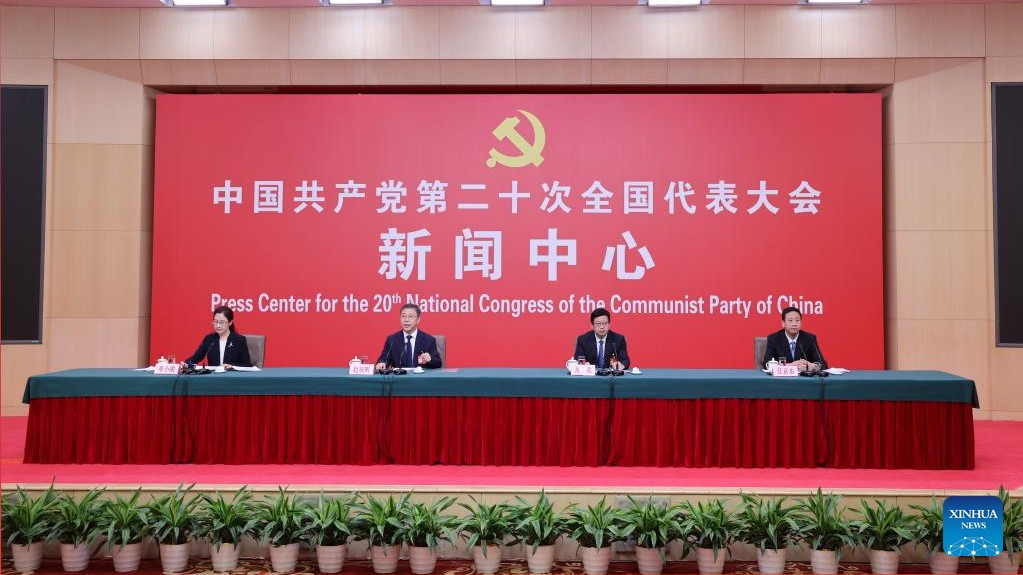
.jpg)
